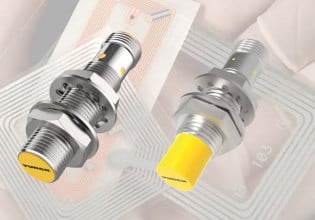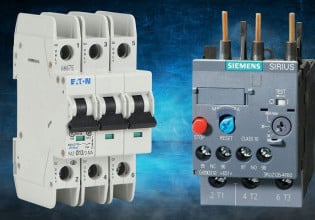A
Alex Pavloff
> The mistake I made was driving the business by the selection of the
> technology. There was no question that UNIX was better. I
> think that Linux is better at core operating system functions than NT.
> However, *for me* this benefit is purely technical and if you look at the
> entire picture NT is the way to go.
>
> Just an opinion.
You've mentioned about your various experiences with companies obsolescing computers/OSes that you were using. Then you turn around and say "NT is the way to go". Firstly, NT is two revs back now for Microsoft. Most companies haven't even upgraded to Windows 2000 yet, and they're going to start jamming Windows XP down our throats.
Once again, I'd like to point out the product activation features in Windows XP. If you change hardware too much (like, say, for maintenance), the thing wants you to call Microsoft and get it approved. Combine this with their recent push to make their customers upgrade sooner, and I can foresee some very unhappy situations for people on the plant for at two in the morning. Looking from a non-technical perspective, Microsoft stuff isn't the right choice.
Here's the other kicker: Embedded Linux is going to be huge. You guys will be using Linux in your PLCs, motion controllers, HMIs, etc etc, and never
even knowing it. Montavista (www.mvista.com) and Lineo (www.lineo.com) have put together distributions, a support system, and runtime license requirement that absolutely put Windows CE to shame. There are variants of Linux like uCLinux (www.uclinux.org), which can run on little ARM processors without an MMU. I can grab ALL this stuff for free (or very low cost), take
a PC with Red Hat Linux on it and do my development, and kick an embedded device out the door with a fraction of the resources that it would take to do any other way.
Linux WILL be used in Automation.
> technology. There was no question that UNIX was better. I
> think that Linux is better at core operating system functions than NT.
> However, *for me* this benefit is purely technical and if you look at the
> entire picture NT is the way to go.
>
> Just an opinion.
You've mentioned about your various experiences with companies obsolescing computers/OSes that you were using. Then you turn around and say "NT is the way to go". Firstly, NT is two revs back now for Microsoft. Most companies haven't even upgraded to Windows 2000 yet, and they're going to start jamming Windows XP down our throats.
Once again, I'd like to point out the product activation features in Windows XP. If you change hardware too much (like, say, for maintenance), the thing wants you to call Microsoft and get it approved. Combine this with their recent push to make their customers upgrade sooner, and I can foresee some very unhappy situations for people on the plant for at two in the morning. Looking from a non-technical perspective, Microsoft stuff isn't the right choice.
Here's the other kicker: Embedded Linux is going to be huge. You guys will be using Linux in your PLCs, motion controllers, HMIs, etc etc, and never
even knowing it. Montavista (www.mvista.com) and Lineo (www.lineo.com) have put together distributions, a support system, and runtime license requirement that absolutely put Windows CE to shame. There are variants of Linux like uCLinux (www.uclinux.org), which can run on little ARM processors without an MMU. I can grab ALL this stuff for free (or very low cost), take
a PC with Red Hat Linux on it and do my development, and kick an embedded device out the door with a fraction of the resources that it would take to do any other way.
Linux WILL be used in Automation.






